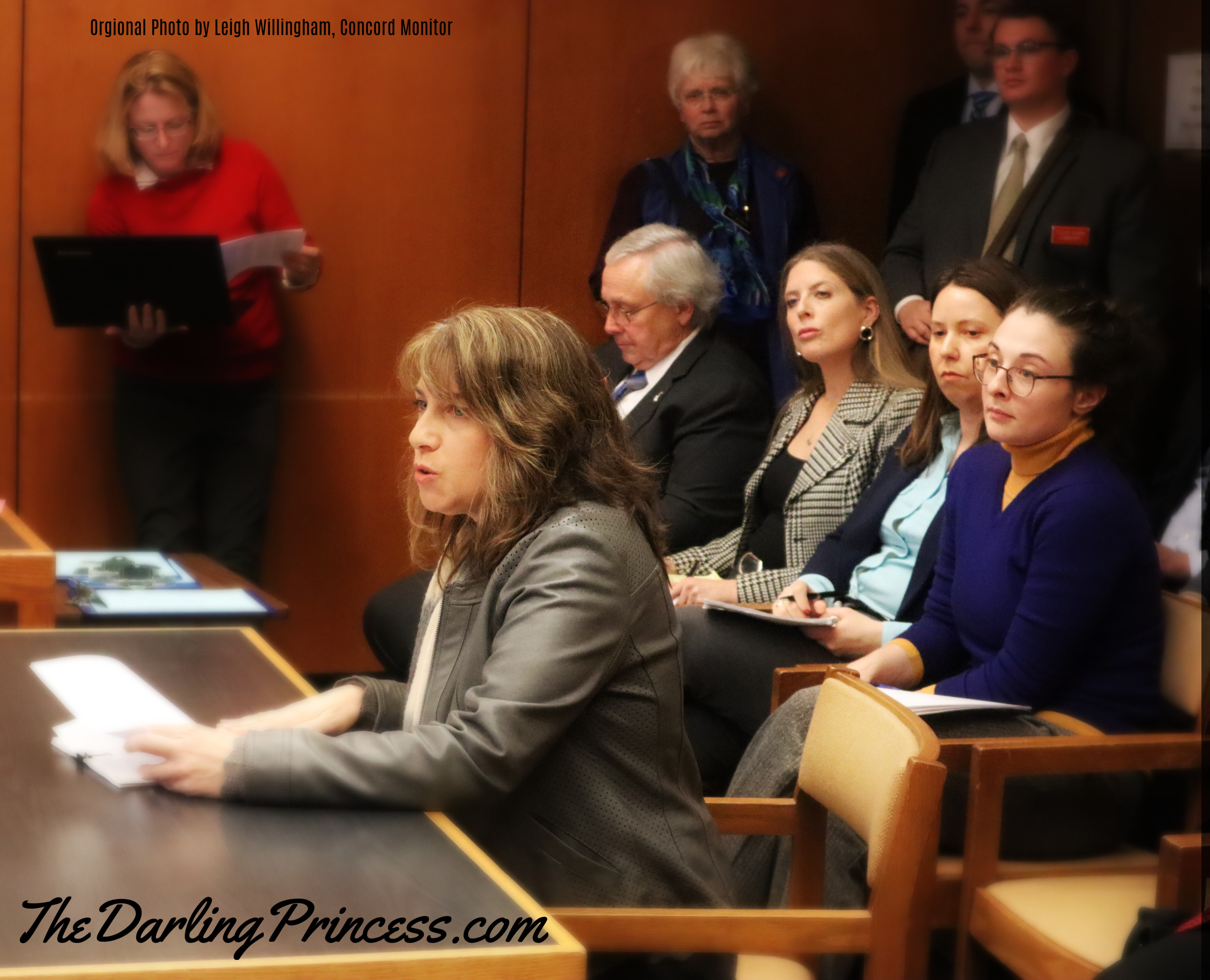
Say What You Need to Say
Do you remember the song with the immensely annoying repetition of the line, “Say what you need to say.”?
Say What You Need to Say
It’s interesting that such a simple phrase can say so much. There are literally hundreds of words that essentially mean, “say.” It is the unique expression of humans to communicate ideas about any subject. So, what is it that is needed? What do you, or I, need to say?
That depends on the circumstances. If a child would run into the street, we need to say, “Stop.” If in negotiations with a C Suite executive or high powered government official, that won’t do at all. We don’t always know what we need to say, either. Our Creator has promised that if we ask for wisdom, He will grant it liberally. The wisdom from above is first pure and peaceable. So, if we have wisdom, whatever we need to say will bring peace. So, that’s good news.
Thinking about what to say can be a good thing or a bad thing. Because if we are so stuck on declaring our own perspective and we are not able to adjust our speech to the situation or a new revelation of information, we won’t say what is needed. Conversely, if we don’t consider what we would say, we may miss an opportunity to bring about positive change or prevent a negative turn. Saying the right thing at the right time isn’t an easy task. We need careful consideration: particularly listening for information before we speak.
What Doesn’t it Say?
“Say what you need to say,” holds a great deal of insight by pointing out that we shouldn’t say what is not needed. Asking ourselves what is needed is important for every relationship and every interaction that we face. Whether it is with your two-year-old about bedtime or a high stakes negotiation, some things will not be helpful to the conversation.
I have a fairly strict rule that whenever possible, I will carefully consider if what I want to say is helpful, necessary, and loving. If it doesn’t meet that criteria, it shouldn’t be said. Obviously, as a human, I mess up and don’t follow that rule, but I do try to filter my words through that framework.
To say what we do not need to say can be simply annoying or absolutely devastating. I do a bit of speaking and if I have the floor for a certain amount of time, it is vital that I stay on the subject at hand. It is obnoxious to take time for small talk in some settings. When speaking to a group, giving directions, teaching a class, testifying before lawmakers or in court, and giving a statement to law enforcement or service providers, or any officials we will only be effective if we say what we need to say. Going off topic is rude at best and at worst, subversive.
What You Don’t Need to Say
So, if I have 12 minutes to meet an objective, it’s important to spend time to decide on every word. I won’t be talking about how kind the barista was at the coffee shop, unless it is absolutely germane to the topic.
It is common, in general conversation, to diverge and tell unrelated anecdotes, trivial things, or otherwise jump around in conversation. What I might call, “bunny trails.” This ought not be so in formal settings, like the NH House of Representatives.
Recently, I was asked to speak to the NH House Criminal Justice and Public Safety Committee about a bill that would help protect NH’s children. Increasing penalties for buyers of exploited minors would deter many. I stayed within two minutes, even though I expressed my dismay at the fact that the hearing was hijacked. Quickly, I said, that I didn’t appreciate the three out-of state women hijacking our process. They began asking the committee to ignore the bill before them and instead of increasing penalties for those who would exploit minors in our state, they wanted to increase risk to our children. I needed to say that, because no one else did, but I didn’t say anything about me or my experience. Neither did I say anything else not directly related to the text of the bill.
What Do You Need to Say?
The three women who hijacked the hearing probably believed they said what they needed to say to get their agenda introduced. One even threatened the Chair with a lawsuit, if they didn’t alter the language of the bill. They took just seconds to say that they didn’t want NH children to be exploited. Then, immediately and verbosely talked about their experience and privilege, most especially noting that they were above the law, in no uncertain terms. They spoke of their advocacy and experiences of the sex trade, telling the committee where they were from. The sex trade is illegal in every state they claimed as their home state. They conveyed their superior status, loud and clear.
The three women, pictured behind me in the photo above had their say. Now, what will you say? This is just one assault on protection and safety for NH citizens. The very same tactics are used by the advocates for abortion. The same obfuscations happen in every hearing that might protect women, their children and New Hampshire families from the abortion vendors.
Just the same, they get away with it because they are there, saying what they believe they need to say. It matters not that they receive blood money as their income. Transgender activists and others who would remove protections from our children show up too. Those who would strip NH citizens of peace and security, allow abuse and mutilation of our children, even to murder them up to the moment of birth at any time for any reason and refuse to be regulated in any way are there.
So, will you say what you need to say?
Are you ready to say what you need to say? Will you help protect NHs children and families? Contact me today to find out how you can.
There are many ways to say what you need to say. There are many times throughout the year that you can make a difference in the lives of your neighbors and your family.
The law is a teacher. And we are all subject to the consequences.



